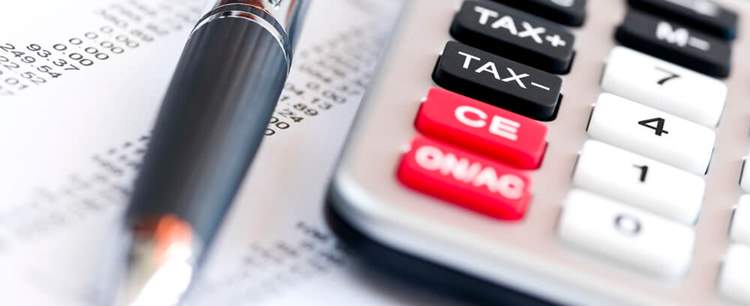The Chancellor’s Budget on the 3rd of March was greeted with a mixture of excitement and apprehension.
On the one hand, there would be a huge welcome for any measures that would get the economy back on its feet after the privations of successive pandemic lockdown. On the other, some apprehension that taxes and other fiscal measures would have to be introduced to raise the necessary Treasury revenue.
So, in the event, how did this balance between the welcome and not so welcome news strike you? What does the latest Budget mean for you?
Income Tax
- in its roundup of the principal measures in the Budget, Which? magazine on the 3rd of March noted that income tax thresholds will remain the same this coming tax year, but will then be frozen at that level until April 2026;
- the future freeze is less welcome since the relatively lower threshold then means you will be paying more tax;
- nevertheless, this year also sees a small increase in the personal tax allowance – from £12,500 to £12,750 – and an increase in the level at which a higher rate of income tax becomes payable, from £50,000 to £50,270;
Stamp Duty
- one of the biggest boosts to the property market in its post-pandemic recovery has been the Stamp Duty tax holiday introduced by the Chancellor in July 2020;
- this removed the liability to pay Stamp Duty on the purchase of any property costing less than £500,000 – though the 3% surcharge remained on the purchase of second homes, such as buy to let property, for example;
- as the end of the holiday on the 31st of March approached, however, many potential buyers had to abandon their plans because they would be unable to complete the transaction by that date;
- to maintain the market stimulus of the tax holiday, therefore, the Budget extends the deadline until the end of June 2021, explained online listings site Zoopla on the 3rd of March;
- but even after the 30th of June, Stamp Duty will continue to be zero-rated for the purchase of property costing up to £250,000 until the 30th of September, when it will revert to the previously normal ceiling of £125,000;
Guaranteed mortgages with just 5% deposit
- the good news for anyone in the market for buying a home costing up to £600,000 is the introduction of this scheme in which the government guarantees the mortgage with a deposit of just 5% – in other words, the government guarantee will extend to mortgages of up to 95% of the value of any property costing less than £600,000;
- in a story on the 4th of March, Cambridgeshire Live explained that the loans will be available to both existing homeowners and first-time buyers, whether for a newly built or existing property;
- it went on to explain that the current average price of a first home is £200,692, so a 5% deposit would represent just £10,035 – considerably less than the value of the current average deposit of 23%, of more than £46,150;
- even by obtaining a mortgage with a 5% deposit, however, the buyer would still need to raise the remaining £190,657 – and a mortgage of that size is only likely to be supported by those earning a salary of at least £42,368 (itself, way above average earnings of just £38,000 a year);
Capital Gains Tax (CGT), Inheritance Tax (IHT) and Pensions Lifetime Allowance (LTA)
- in its coverage of the budget, an article in Property Wire, on the 3rd of March, concentrated on the fact that CGT, IHT, and LTA have all been frozen at their current rates;
- a particular worry for buy to let landlords before the Budget had been announced was the prospect of an increase in CGT – so, the freeze will be welcomed by many;
- although both CGT and IHT rates will be frozen until 2026, the welcome might be short-lived, though, because an Office of Tax Simplification (OTS) review of CGT is still scheduled for July 2021, when earlier talk of setting CGT at the same rates as income tax may be pursued;
- currently, basic rate taxpayers only pay CGT (at 10%) after passing the initial allowance of £12,300, while higher rate taxpayers are liable for CGT at 20%;
- although the rate of IHT is a standard 40%, this can potentially be avoided if you are married or if large gifts of property and other assets are transferred to your children or put into trusts. The official Government website explains some of the complexities but makes clear that for a married couple, the threshold before IHT needs to be paid may be £1 million;
- also frozen until 2026 is the Pensions Lifetime Allowance (LTA) at its current level of £1,073,100 (even though this, too, had been expected to see an increase at least equal to the rate of inflation – or around 0.5%).
Whether you consider yourself better or worse off in the wake of the Chancellor’s Budget, you can hopefully take good news from at least some elements of it.
Please note that the information is correct at the time of writing. It should not be deemed as financial advice or recommendation.






